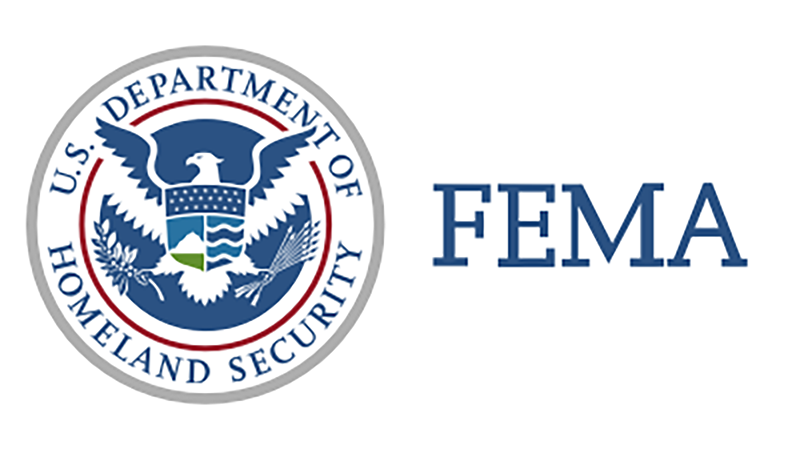(The Center Square) — Issues with pay, caseload and unrealistic expectations were the top themes of a recent job satisfaction survey at the Louisiana Department of Children and Family Services, according to the Louisiana Legislative Auditor.
Auditor Mike Waguespack issued a report on Thursday outlining the results of a job satisfaction survey of child welfare staff at the Department of Children and Family Services, which has faced intense scrutiny amid a series of recent failures.
The LLA sent surveys to 1,433 DCFS staff who work in adoptions, centralized intake and home development departments in October and received 816 responses, for a response rate of 56.9%.
Only 24.5% agreed they are “satisfied with my total compensation package (pay, benefits, vacation, etc.)” while about 18% neither agreed nor disagreed and 57.6% disagreed or strongly disagreed.
“DCFS pay scales are not competitive enough to attract and retain qualified workers,” one respondent wrote.
“Not receiving monetary compensation for obtaining my master’s degree and not receiving premium pay has been a slap in the face to my contributions to this field,” another wrote.
The job satisfaction and teamwork questions varied significantly based on location or work area.
Job satisfaction was the highest at 62% in Lake Charles and lowest at 41.4% in Thibodaux, while 82% agreed there’s cooperation and teamwork in Lake Charles, compared to 52.5% who said the same in Alexandria.
Only 37.9% of centralized intake employees were satisfied with their job, while 58.6% of those employees agreed there’s “a spirit of cooperation and teamwork” — the lowest for both metrics among DCFS’ surveyed work areas. Employees in the home development work area rated both metrics the highest, with 62.5% satisfied with their jobs and 90% agreeing with the spirit of cooperation.
“DCFS does not seem to care about its staff and the mental and emotional stress this job brings,” one respondent wrote.
The survey showed 79.3% who responded felt they were treated with respect by immediate supervisors, but that percentage fell to 68.2% for managers and supervisors and 51.1% for child welfare leadership. It was a similar dynamic when questioned whether supervisors “demonstrate through actions” concern about staff well-being, with 72.6% agreeing immediate supervisors demonstrate well-being is a priority, versus 54.5% who said the same of managers and supervisors and 39.7% who agreed for leadership.
A majority of those surveyed in all work areas and geographic locations agreed that high caseloads and inadequate resources impact their job performance.
“More caseworkers are needed to lower caseloads in order to provide the necessary time and attention needed to address our children,” read one response. “The caseloads are too high. We need more caseworkers and less consultants and other higher positions, in my opinion.”
Overall, only 28.6% of those surveyed believe their caseload “allows me sufficient time to provide children and families with the quality services they need,” and only 37% said they “have access to adequate resources.”
Other questions in the survey centered on job safety, barriers to job performance and accountability for DCFS supervisors and leadership. The LLA report also outlines efforts by DCFS to address issues raised in the survey, from recruitment campaigns, to revising minimum qualifications, to an employee assistance program to counter stress, anxiety and employee well-being.
“We are committed to make DCFS a workplace where all employees feel satisfied in their jobs and supported by management,” Ricks wrote.



